Environmental Management for Sustainable Development: Waste Reduction
VerifiedAdded on 2022/01/02
|5
|1043
|23
Report
AI Summary
This report addresses the critical issue of waste management and its impact on sustainable development. It begins by highlighting the escalating problem of waste generation, particularly in low and middle-income countries, and emphasizes the need for effective waste management practices like recycling, composting, and incineration. The report focuses on waste reduction through recycling, driven by increased consumerism and the resulting surge in solid waste. It discusses the concept of zero-emission societies and strategies for transitioning from high-waste to sustainable models. The report presents findings from a study comparing waste recycling performance across different materials, such as metals, glass, and paper, along with the influence of food waste mass on recycling efficiency. It suggests policy instruments, like taxes on waste generation and the installation of composting plants, to reduce waste and improve recycling performance. Furthermore, the report explores the recycling of power batteries from electric vehicles, using the MULTIMOORA method for decision-making. It also examines waste management in industrial settings, focusing on the recycling of steelmaking wastes in the refractory industry, with successful implementation and financial returns. The report concludes by underscoring the importance of environmental education to promote green consumption and sustainable waste management practices.
1 out of 5
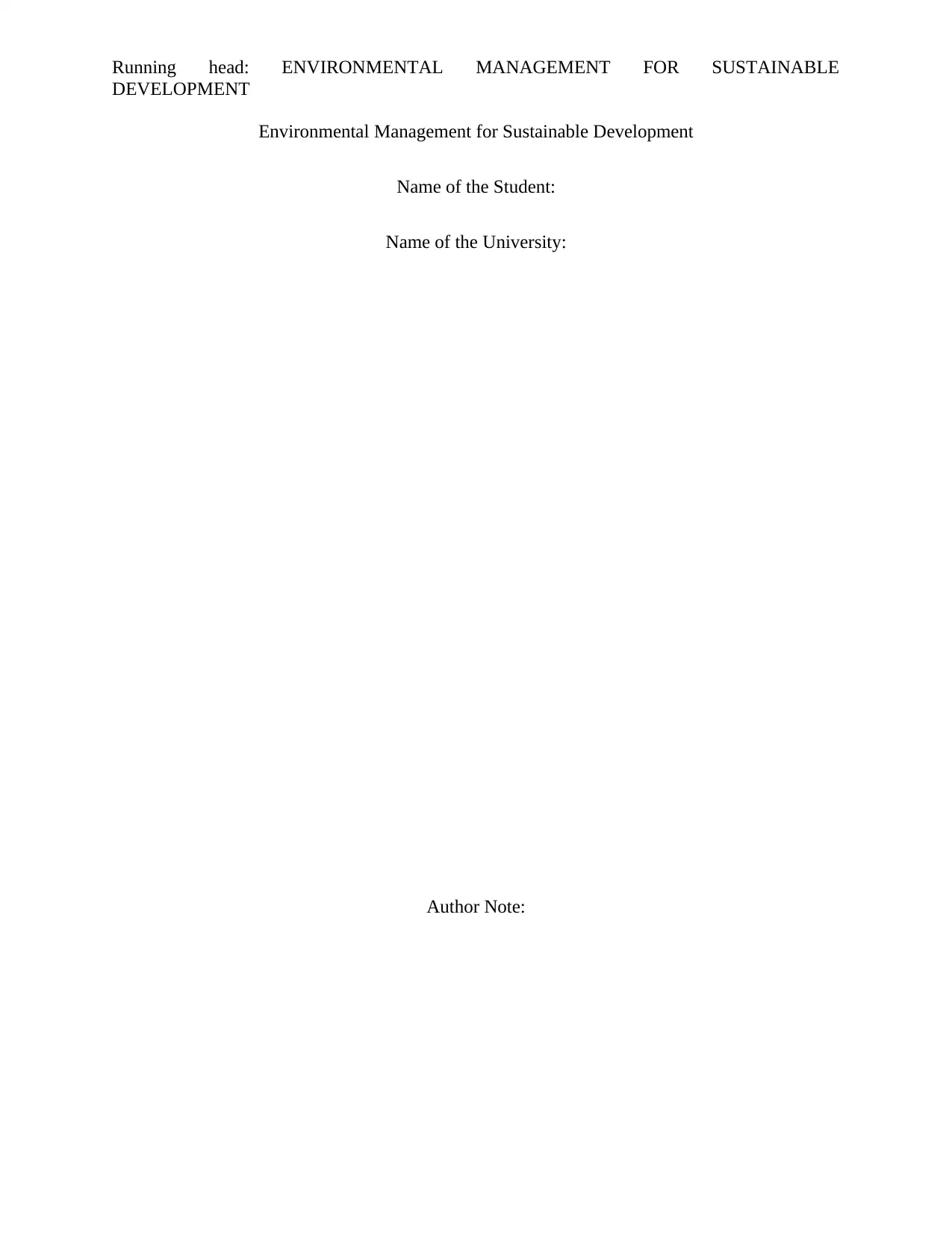
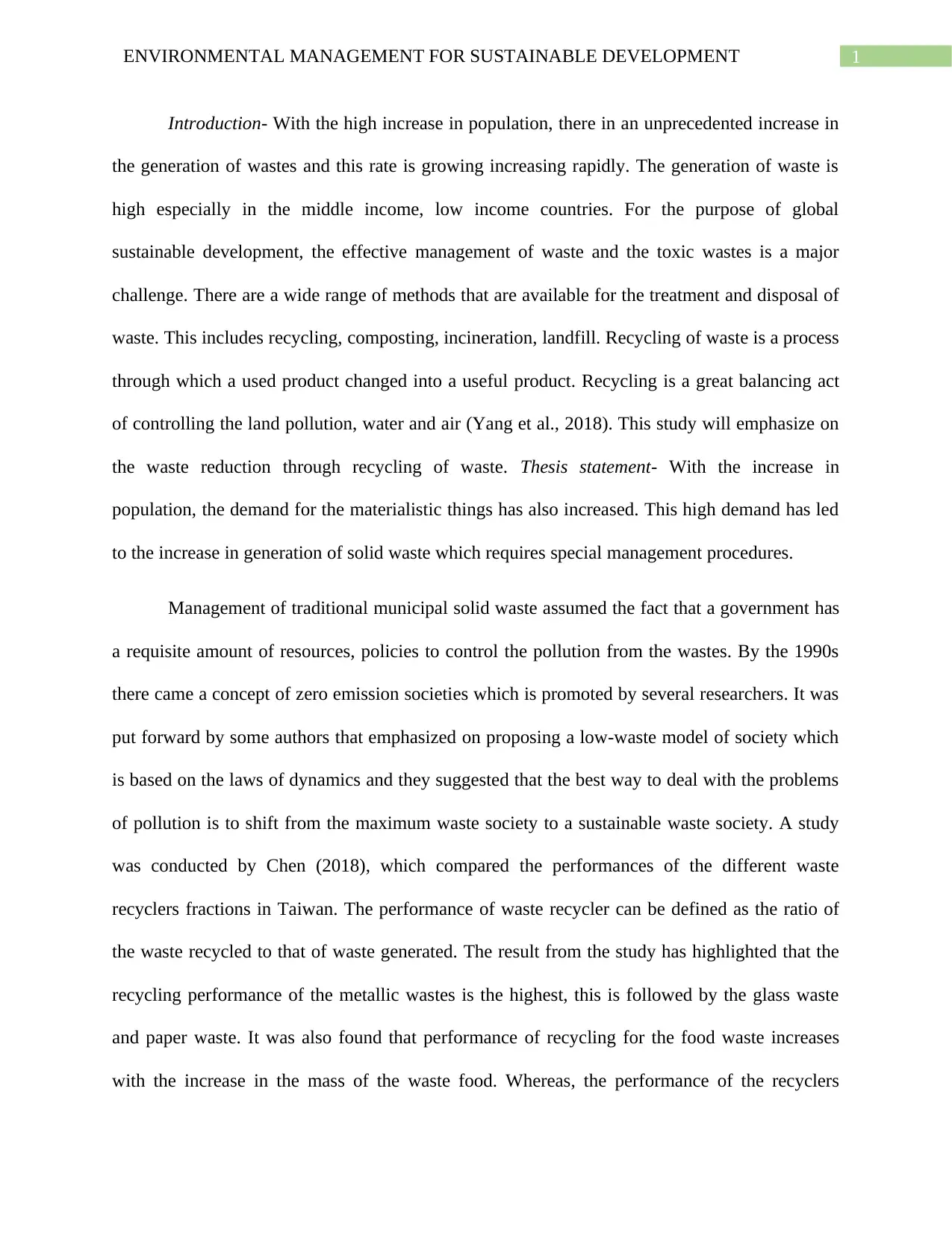
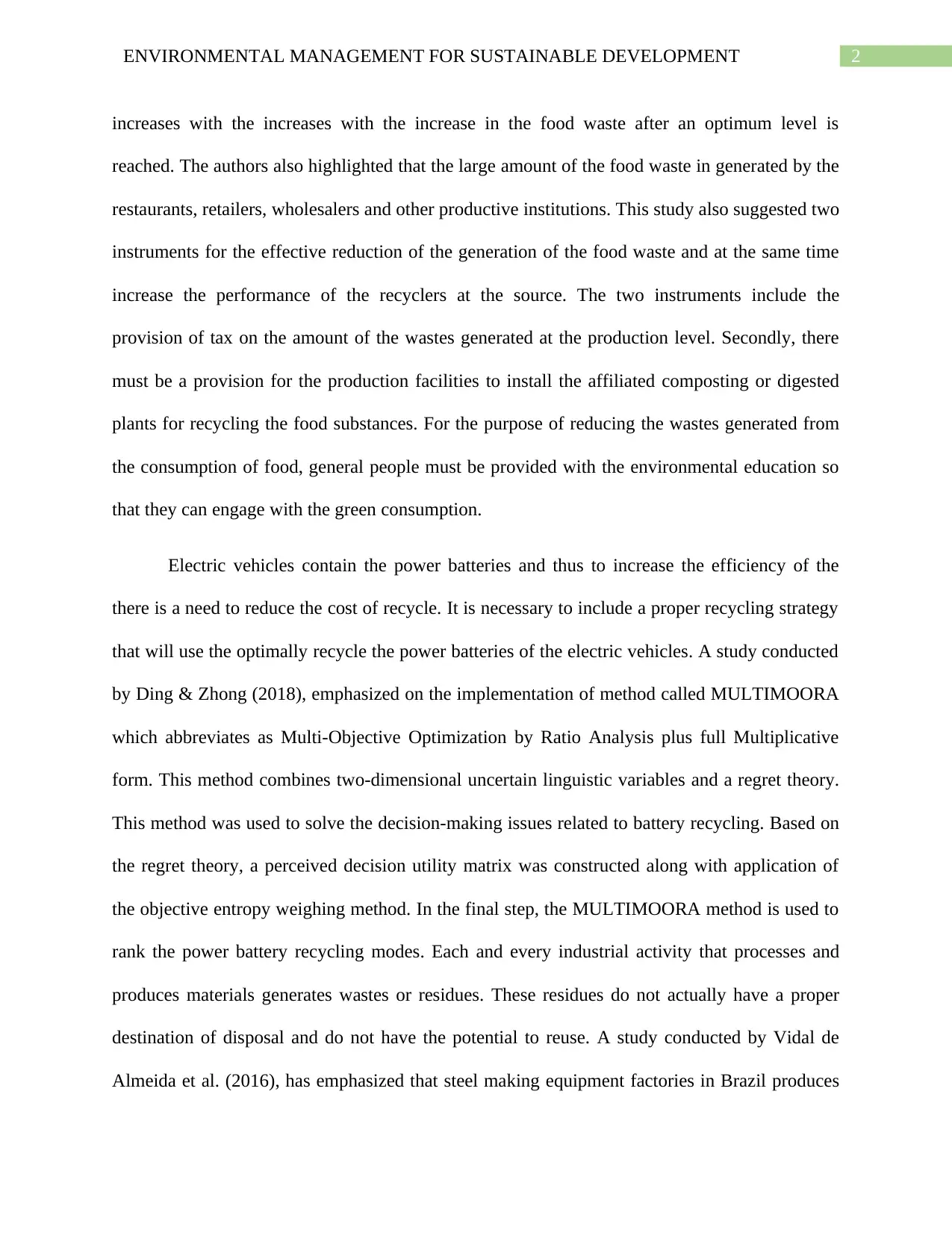

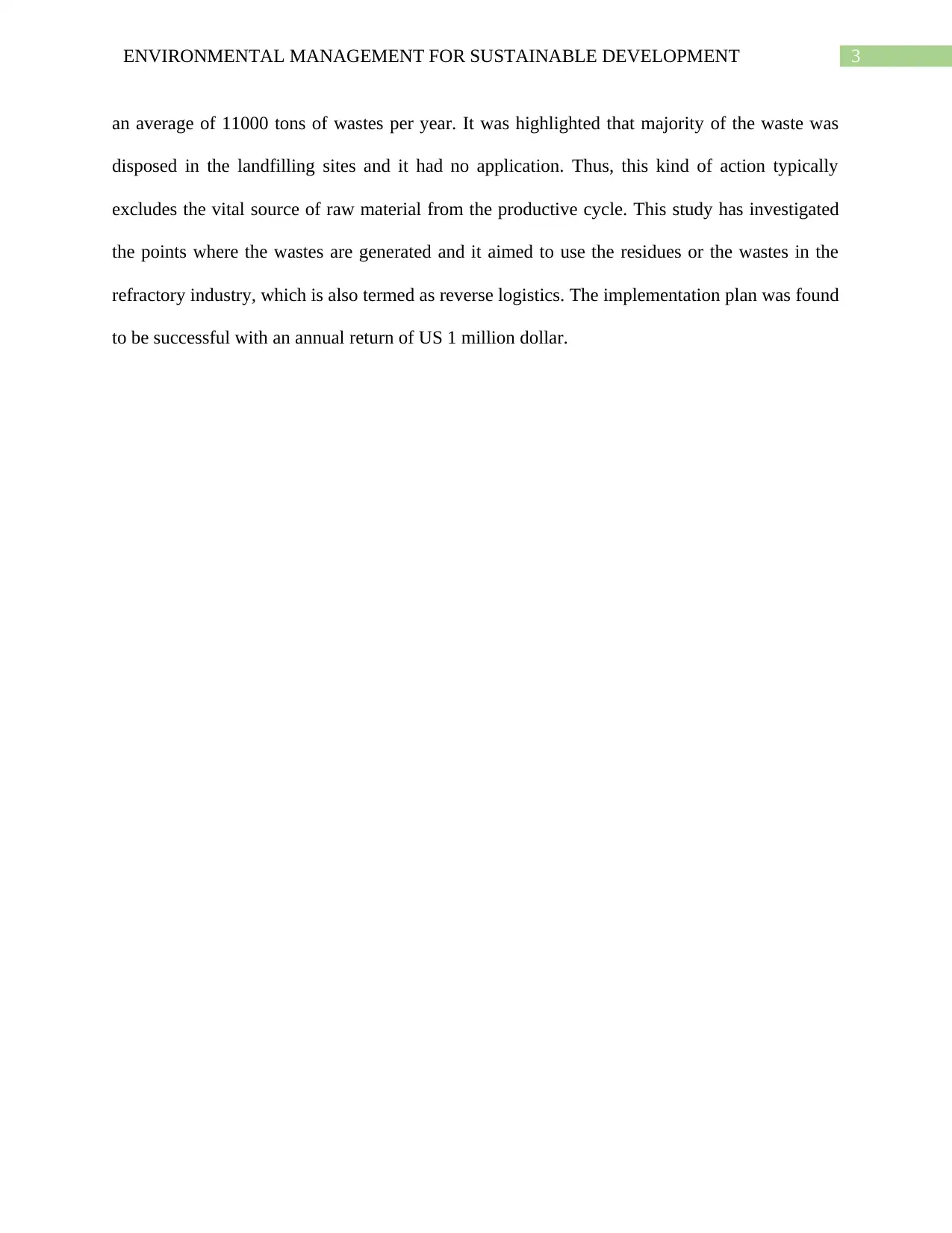
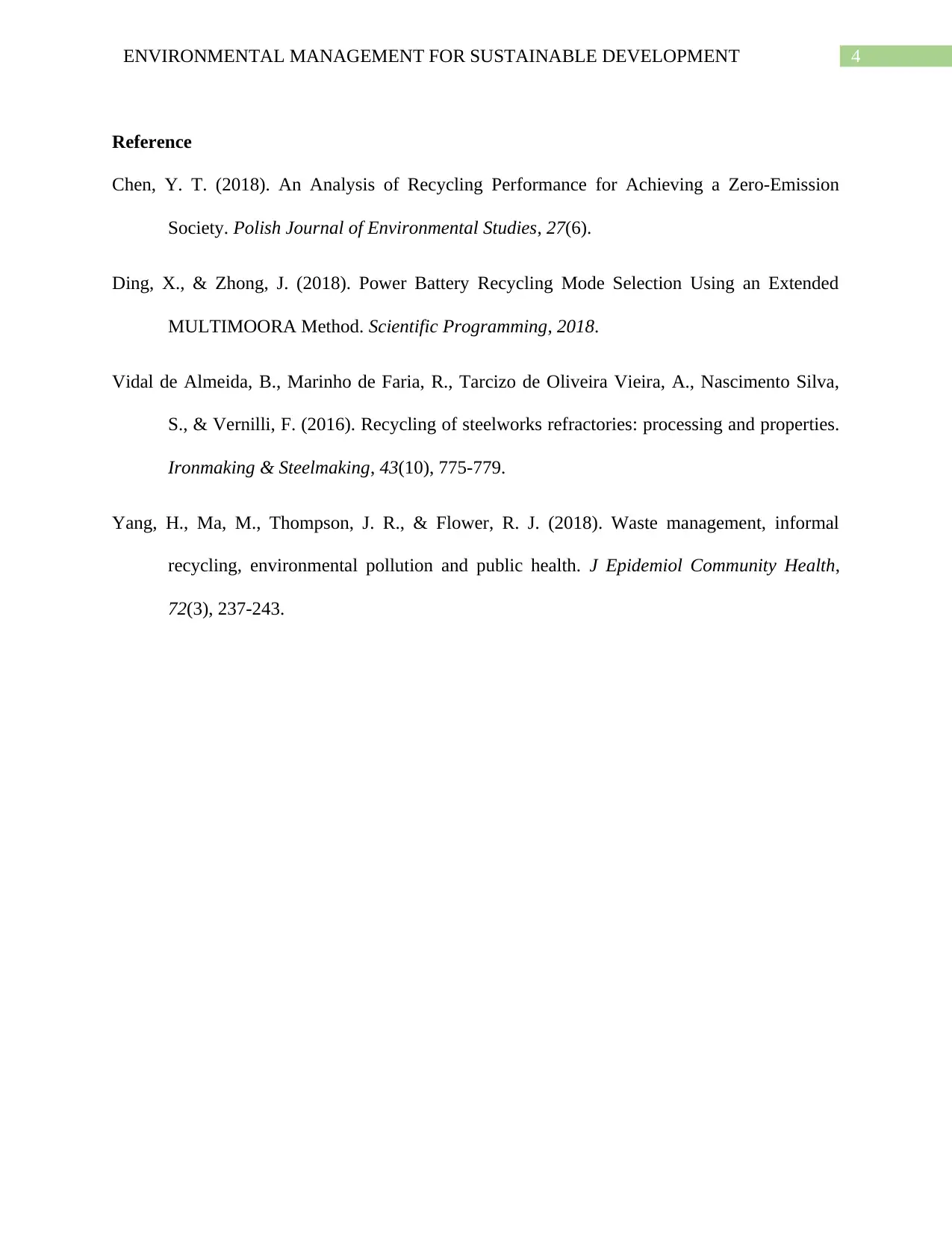





![[object Object]](/_next/static/media/star-bottom.7253800d.svg)